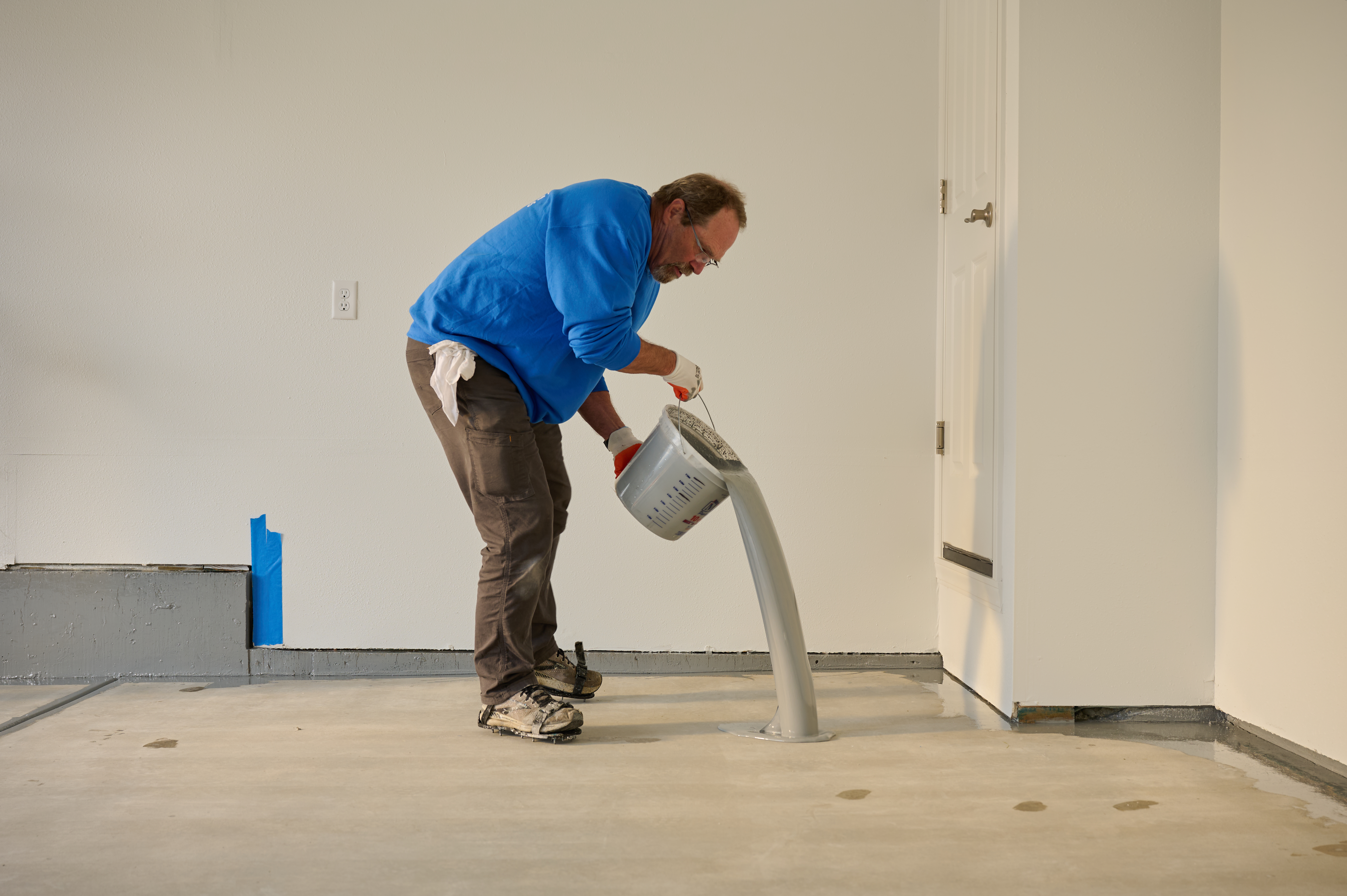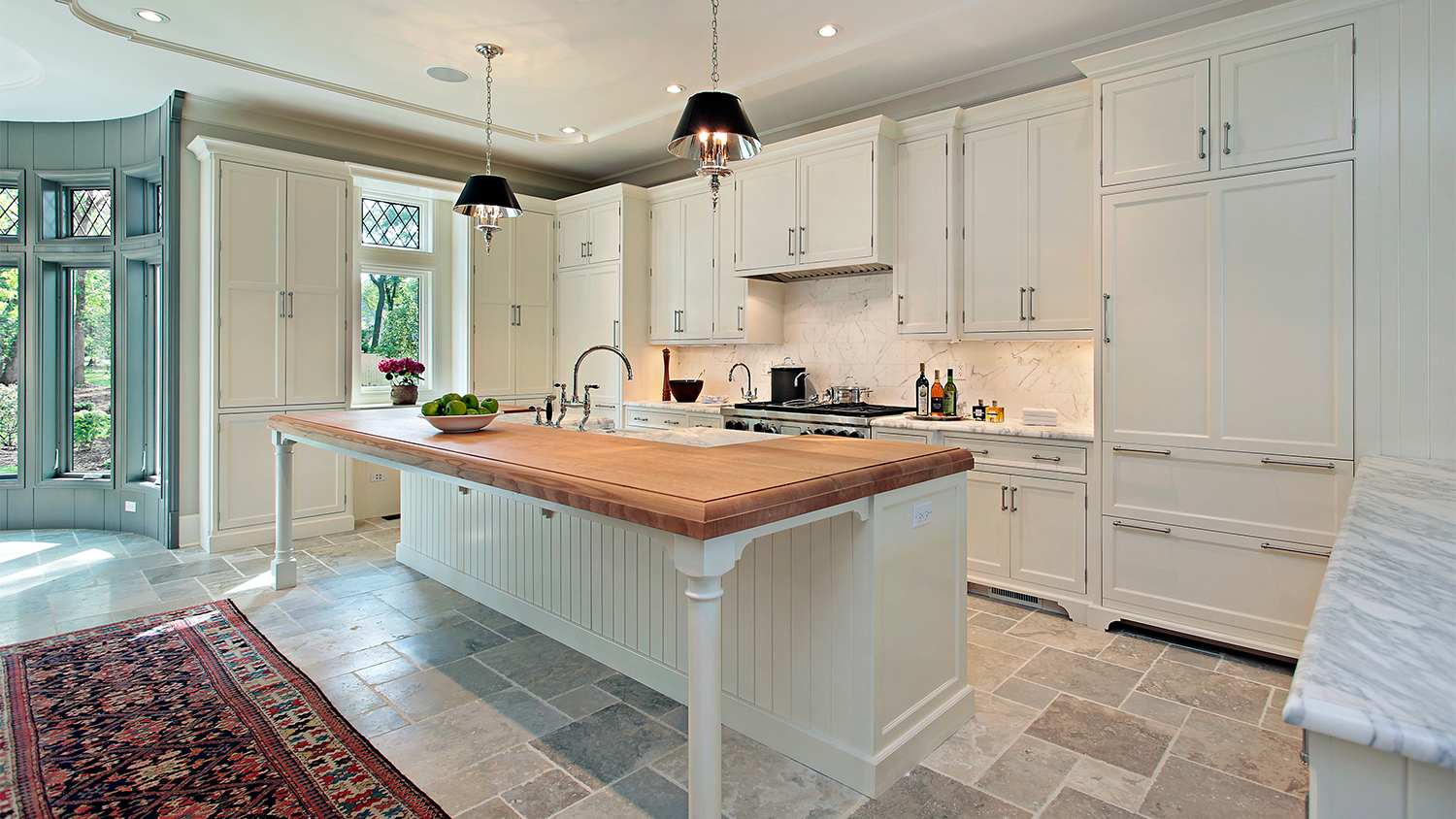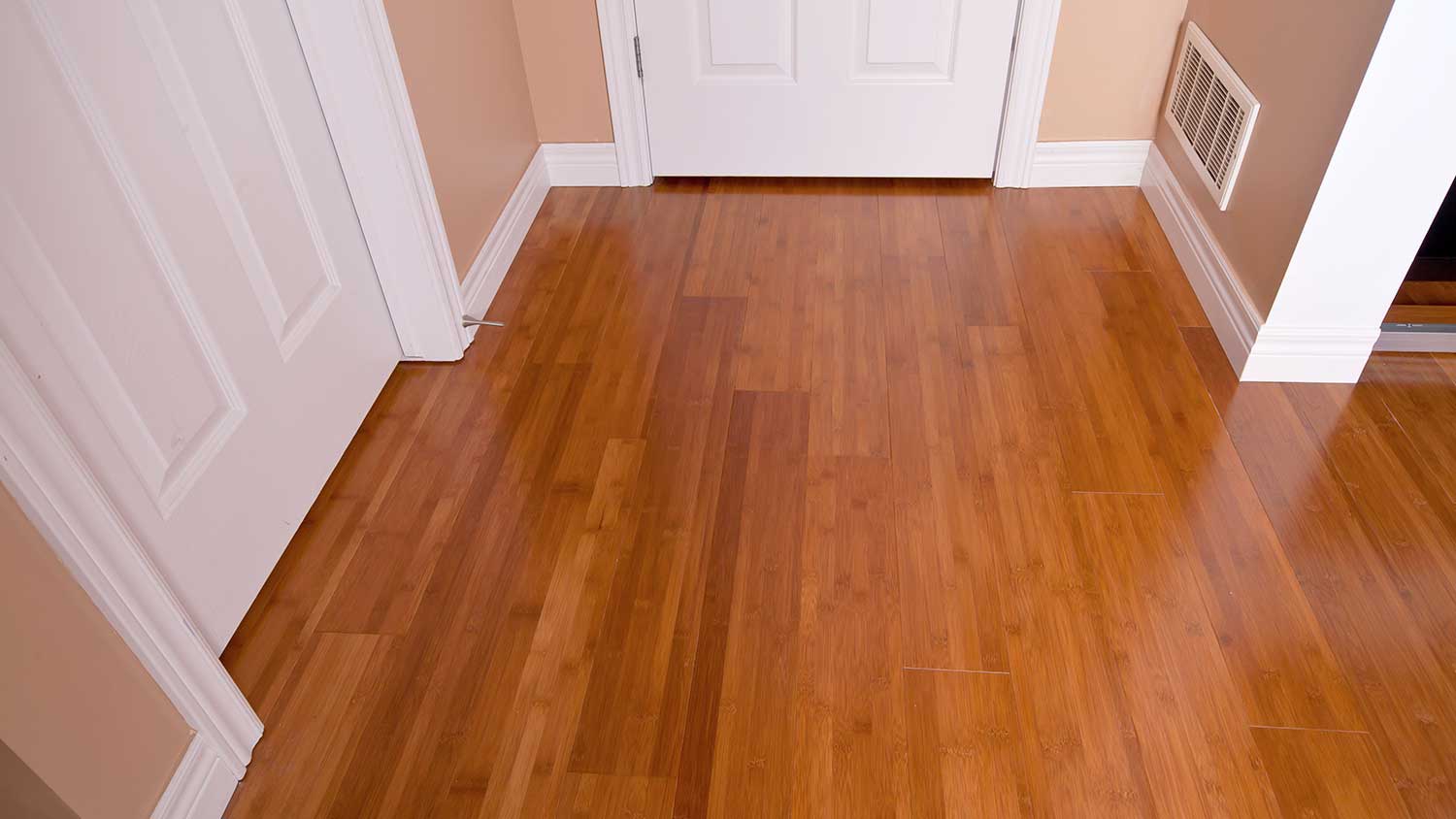
Updated flooring can make any room in your home feel brand new. Find out flooring installation costs, from materials to labor costs.
Hire a carpenter to fix uneven joists and a flooring contractor to install a subfloor


If your plan to upgrade to new hardwood flooring hits a snag after discovering unruly and weathered floor joists, you’ll most likely need to fork over more cash to reinforce your floor supports before moving forward with finished flooring upgrades. Sagging floors can indicate subflooring and floor joist issues. These repairs are significant and require the expertise of a carpenter—not a handyperson.
Before laying down finished floors, hire a local carpenter specializing in unfinished work to help you with this major home improvement project.
Carpenters specializing in unfinished work should efficiently inspect the structure and find the underlying cause of uneven joists.
If you sister or replace joists without checking for the main issue, you risk leaving the real problem unresolved and paying for a “bandaid” repair. Plus, in certain situations, sistering can damage the added support beams or new joists.
A reputable carpenter will know the right way to safely repair the joists, working around obstacles like plumbing and wiring without causing more costly damage to your home.
Even more, an experienced pro will complete the job quickly, so you can get back to living in your home uninterrupted—and finally choose the type of new flooring you want to lay down.
When taking on this project, expect questions only a pro can answer. With our network of local pros, you'll get the job done and your questions answered—without the hassle and stress of doing it yourself.
Your subfloor is the foundation for your flooring. The best subfloor material for your project depends on the floor materials and where you’re installing it. A flooring pro can help you decide which subfloor material best fits your needs.
Given the complexity of subfloor repairs, you should really stick with a carpenter for this project. But if you want to install a new subfloor or underlayment over sound floor joists, hire a flooring contractor near you for this step. This project is essential to ensuring your floors are level and structurally sound.
Hiring a pro to replace your subfloor is the best option, as they have the experience and tools to get the job done correctly. Here is how a flooring pro will replace a subfloor:
Inspect the damage to the flooring, joists, and subflooring
Remove the weakened flooring and subfloor panels (the entire floor and subfloor might need to be removed if the damage is extensive)
Replace the damaged or compromised joists and reinforce them
Put in plywood or Oriented Strand Board (OSB) subfloor panels
Apply adhesive or use screws to secure the subfloor panels
Check the installation to ensure the subfloor is level
Reinstall flooring or replace the flooring, including underlayment if necessary
Replacing subfloors costs $3 to $10 per square foot or an average of $1,560. Different repair types may cost more or less, depending on the extent of the damage. For instance, floor joist replacement can hover between $100 and $300, but total replacement through the home may cost $3,000 or more.
Your actual out-of-pocket cost will depend on your home's location, labor costs in your area, the size and placement of the area needing subflooring, and the materials you select.
Very experienced DIYers with expert subflooring experience can attempt this project. However, if you lack those skills, hiring a professional rather than doing it yourself is better. Subfloor repairs involve a great deal of precision to ensure your floors remain safe and stable. Any mistakes in leveling or securing materials can lead to costly long-term issues, like uneven floors.
Additionally, pros have the experience to spot underlying issues that novices may miss, from structural damage to mold. They are also up to speed on local building codes, ensuring the work is done right and up to current building standards.
From average costs to expert advice, get all the answers you need to get your job done.

Updated flooring can make any room in your home feel brand new. Find out flooring installation costs, from materials to labor costs.

Pouring a new concrete floor can create new usable space for your home and raise its value. This guide breaks down what affects project costs.

Looking for a more eco-friendly flooring option? Learn how much Marmoleum® flooring costs and what factors can affect the price of installation.

Installing flooring yourself can save you money and give you a sense of pride. Learn about the easiest flooring to install and when to choose each type.

Discover limestone flooring costs for your home. Learn about material, labor, and installation factors to plan your flooring project with confidence.

Updated flooring can make any room in your home feel brand new. Explore flooring installation costs in Boston, MA, from materials to labor costs.